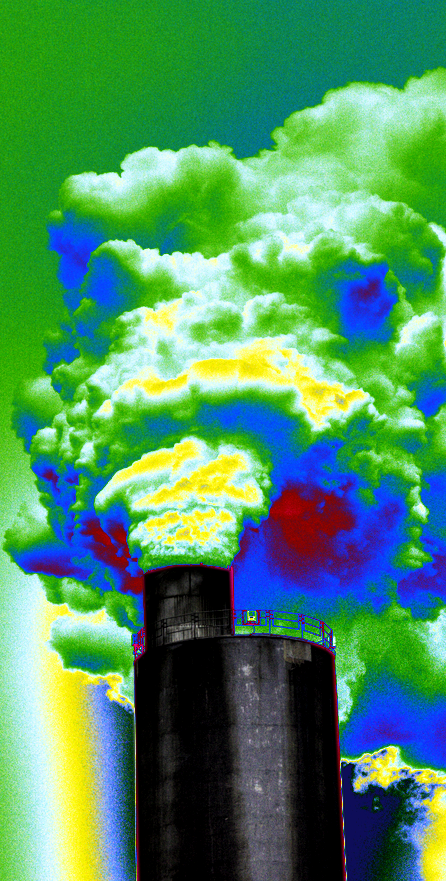Emissions rise slowing
 Greenhouse gas emissions should set a new record this year, but the rate of growth has shrunk.
Greenhouse gas emissions should set a new record this year, but the rate of growth has shrunk.
A new report from the Global Carbon Project, an international research consortium that tracks the world's greenhouse gas emissions, says that by the end of the year, emissions from industrial activities and the burning of fossil fuels will pump an estimated 36.8 billion metric tons of carbon dioxide into the atmosphere.
However, experts expect a substantial slowdown in worldwide fossil fuels emissions for this year.
Emissions from coal, oil and natural gas expanded by about 2 per cent globally in 2018, but only around 0.6 per cent this year.
The slowdown can be attributed in part to declines in coal use in the U.S. and much of Europe, as well as lower-than-expected growth from other key coal consumers this year.
“We're estimating a decline of 10 per cent this year” for the US, according to the Global Carbon Project's executive director, Pep Canadell, “well above previous decline levels”.
It is still too early to tell if the slowing will continue in the long term.
Also, with every year that emissions continue to rise, the Paris Agreement targets becomes harder to reach.
The UN Environment Programme says carbon dioxide emissions must fall by 25 per cent over the next decade to keep global temperatures within 2°C of their preindustrial levels.
The more ambitious target of a 1.5°C cap would require emissions to fall by 55 per cent.
“The single most import result is that we have yet another year of growth in CO2 emissions coming from all human activities,” Dr Canadell said of his team's research.
“I think that it is very important to acknowledge at this moment that every single additional year of emissions growth makes it significantly harder to achieve the goals of the Paris Agreement.”








 Print
Print